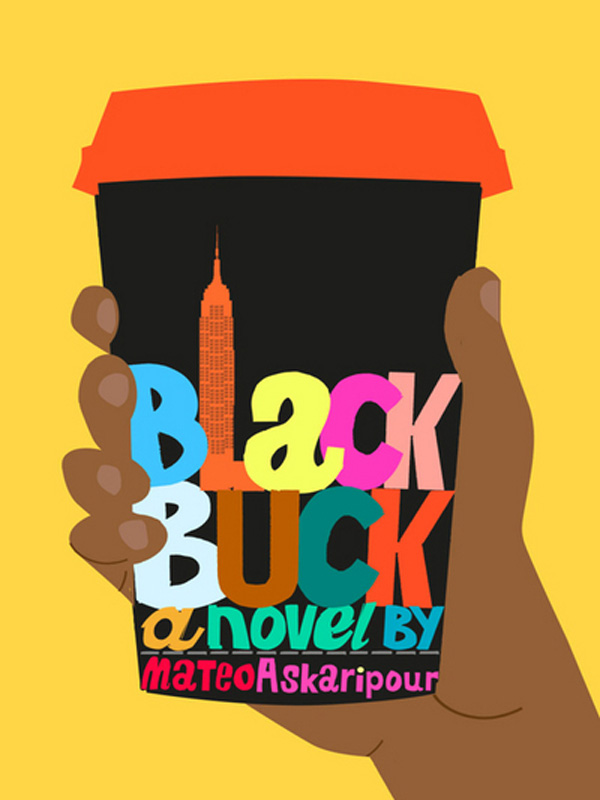Two men, using no more than fists and feet, pummel another man’s legs. The man who’s receiving the beatdown is on a couch partially covered in dirt from the heels of his platform shoes, which he thrust into the expensive, milk-colored cushions. When the two men are finished, their victim falls off of the couch and crawls away, screaming, “They should have never gave you niggas money!”
The skit is from Dave Chappelle’s popular and controversial TV show, Chappelle’s Show, which, while garnering praise and condemnation alike, is one of the most concrete examples of how Black artists rely on comedy in order to convey heavier themes that would otherwise be less palatable to mainstream – ie white – audiences, blurring the lines in a way that can be both harmful to creators and consumers.
As a teenager, I’d watch Chappelle’s Show, crying with tears of laughter at the seemingly absurd scenarios Chappelle would portray. I say “seemingly” because – no matter if it was a skit about an addict doing anything to get a fix, or a remake of The Real World – there was always a kernel of truth at their centre.
But, walking into school the day after an episode aired, and hearing white classmates repeat the jokes, like “I should have never gave you niggas money,” made my stomach wrench in a way I could only articulate years later: the danger in humour employed by Black artists is that some people will be laughing with you, and others will be laughing at you.
This idea – the fine line between being in on the joke and being the joke itself – was at the forefront of my mind as I wrote my debut novel, Black Buck, which is described as “a hilarious, razor-sharp skewering of America’s workforce; a … crackling debut that explores ambition and race”. Race. America. Work. These are concepts that come with necessary seriousness, and also serious absurdity.
Black people are not my only readers, and I welcome others to engage with the work
It was because of this that I didn’t want to write 400 pages of doom and gloom or tragedy and trauma – to write a novel that would be authentic to my experience, as well as the experience of so many other Black people, I needed to include levity, triumph, and humour. But therein lay the dangerous difficulty: what if the humour I used would only be seen as entertainment instead of a vehicle to underscore the horror of what so many people endure?










